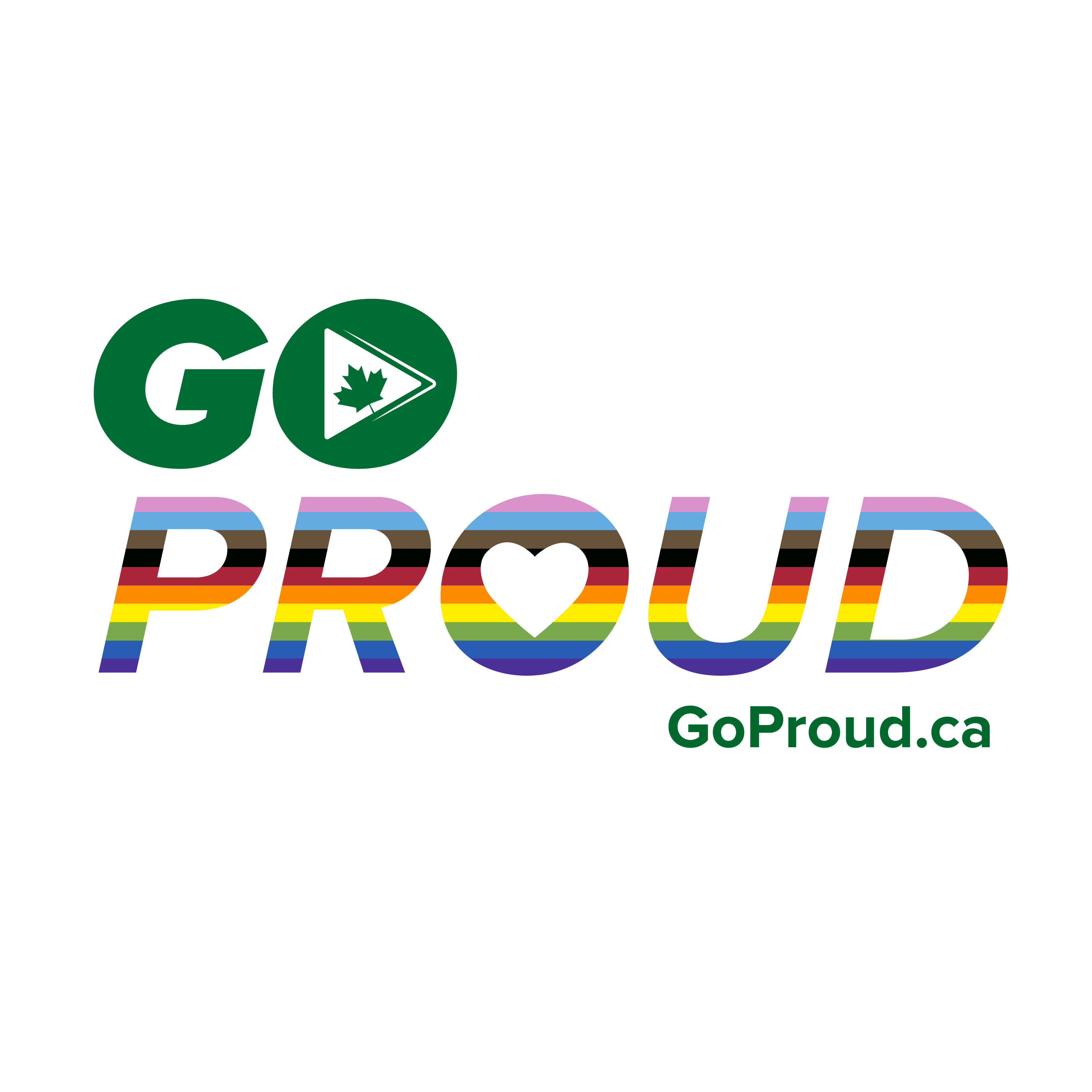As the days grow shorter and the nights stretch longer, many Canadians notice a change in their mood, energy, and motivation. For some, these changes go beyond the usual “winter blues” and may be linked to Seasonal Affective Disorder (SAD), a type of depression that follows a seasonal pattern.
SAD often begins in the fall or early winter and typically improves in the spring and summer. Symptoms can include low energy, irritability, difficulty concentrating, changes in sleep and appetite, and a loss of interest in activities once enjoyed. While it can affect anyone, it’s estimated that 1 in 20 Canadians experiences SAD, with higher rates in northern regions where daylight is limited in winter months.
The good news is that SAD is treatable. Light therapy, which involves exposure to a special bright light for a set time each day, is one of the most effective treatments. Exercise, regular routines, and spending time outdoors can also make a meaningful difference. For some, counseling or medication may be necessary to manage symptoms effectively.
Most importantly, it’s vital to remember that you are not alone. Reaching out to friends, family, or mental health professionals can provide support and relief. Understanding the science behind SAD can help reduce self-blame and encourage proactive steps toward feeling better.
This winter, pay attention to your mental health as closely as your physical health. Small daily actions like taking a walk during daylight hours, connecting with loved ones, or using a light therapy lamp, can add up to meaningful improvements. SAD may be seasonal, but your hope and resilience don’t have to be.
Mental health struggles often show up quietly. It could be irritability, withdrawal, a change in sleep or drinking habits. If you notice something seems off with a friend or co-worker, don’t brush it off. Ask. Listen. And if needed, suggest they check out a resource like Mental Health and Addictions Nova Scotia. It’s free, anonymous, and available 24/7.
Mental health isn’t just a personal issue. It’s a community one. And around here, we’ve always looked out for each other.
At 107.9 Go Rock, we’re encouraging everyone to keep those chats going, and to make space for what really matters.







